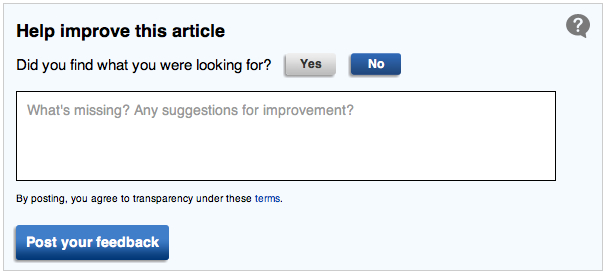I found this infographic from Open Site very interesting and I am sure it will find its way into a lecture in the near future. Here is the text from the post were I found it.
After 244 years, the Encyclopedia Britannica has decided to halt the presses and go out of print. Facing the realities and the stiff competition from Wikipedia, the Encyclopedia Britannica will now focus primarily on their online services. But even then, it might be too late. Wikipedia has grown to be the number one source for students. In fact, many students will stop research and change topics if it’s not on Wikipedia.
Wikipedia provides a wealth of information with over 26 billion pages of content. Though the quality of Wikipedia has been questioned, the editors of Wikipedia, known as Wikipedians, are vigilant with ensuring the data in Wikipedia is current and accurate. Studies have even shown that Wikipedia is almost as accurate as the Encyclopedia Britannica. This infographic highlights how Wikipedia has revolutionized research and how it has become a reliable fountain of knowledge.

Via: Open-Site.org

